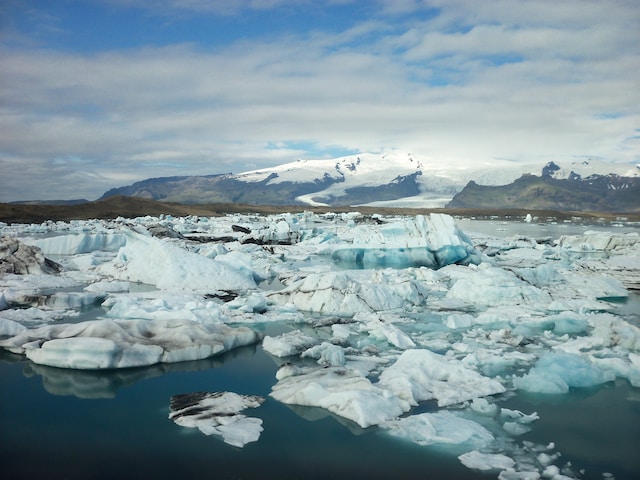The most comprehensive effort yet to predict how global warming will affect the West Antarctic Ice Sheet has found there is little humanity can do to stop its ice shelves from melting, which could collapse the sheet and raise sea levels by several feet in the coming centuries.
The report, published Monday in the journal Nature Climate Communications, is a full-throated warning that one of the worst sea-level rise scenarios scientists have cautioned about since the 1970s is most likely in progress and that little can be done to stop it.
The study is the first attempt to model the uncertain atmosphere and ocean processes that could doom the ice shelves, and it doesn’t factor all of the variables that could play a role in melting. Key questions remain unanswered, including how much melt our emissions to date will cause and how fast it is expected to happen.
“It appears we may have lost control of the west Antarctic ice shelf melting over the 21st century,” said Kaitlin Naughten, an ocean modeler with the British Antarctic Survey, who is the lead author of the new study. “West Antarctic ice shelf melting is one impact of climate change that we’re probably just going to have to adapt to, and that very likely means some amount of sea level rise we cannot avoid. Coastal communities will either have to build around or be abandoned.”
The West Antarctic Ice Sheet, near the southern tip of South America, is considered by scientists to be one of the most important potential contributors to sea level rise because of climate change. The marine ice sheet sits on bedrock below sea level, contains glaciers that flow toward the sea and is surrounded by floating ice shelves.
Outside researchers said the study represented an important advance in understanding the stresses a warming ocean will put on this critical ice sheet.
“There’s uncertainty in what the ice sheet will do, and there’s uncertainty in what climate it will feel,” said Eric Steig, the chair of the Department of Earth and Space at the University of Washington, who was not involved in the study. “It’s a really important paper because it’s the first to take a comprehensive view of the uncertainties in the climate part of the story.”
CLICK HERE TO READ THE FULL ARTICLE ON NBC
TYT Newsroom



